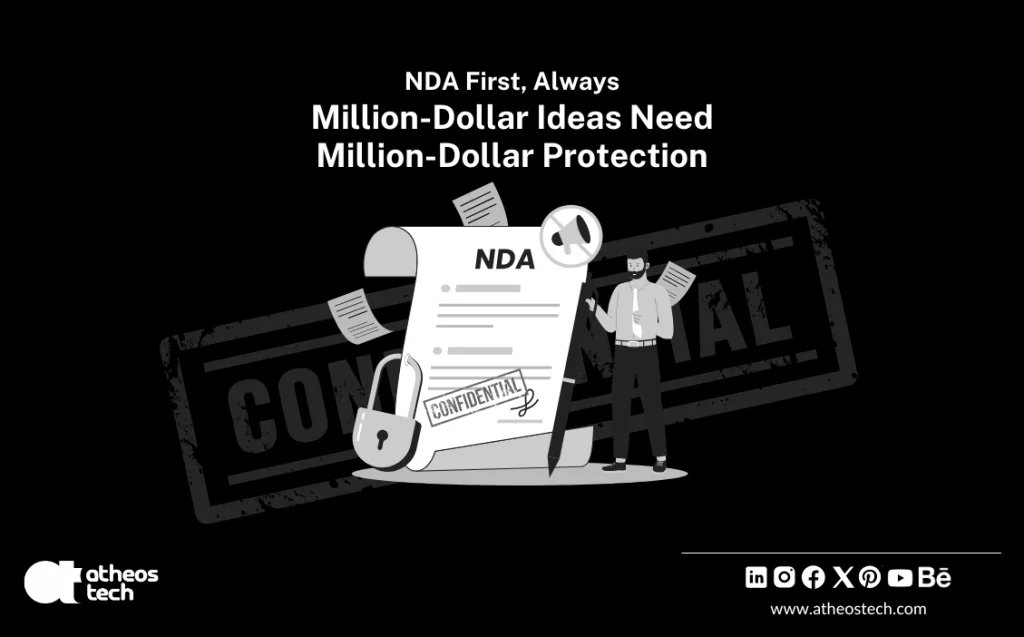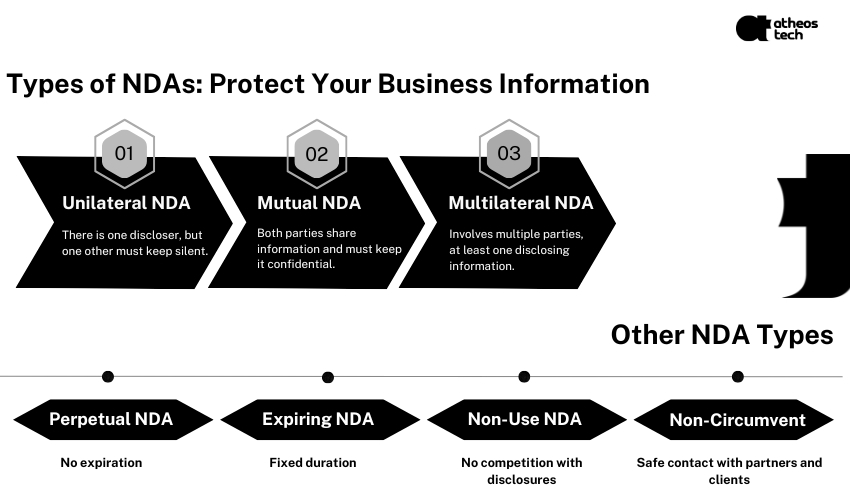
Hire UI UX Designer to Transform Your Brand Across Every Digital Channel

“The first rule of Fight Club is: You do not talk about Fight Club. The second rule of Fight Club is: You do NOT talk about Fight Club.”
That’s it! That’s essentially an NDA, a verbal one. Verbal NDAs hold in reel, but not in real. So, let’s talk about the real world, real ideas, and real business craftfully woven around those ideas.
“
John, a bootstrapped founder from New York, had built something remarkable in the realm of ‘Job Board’ – iTalent that leveraged psychometric profiling, AI, and gamification to match fresh grads to startup roles with uncanny precision.
He had already been ghosted by 9 incubators, even with all POC done. Prototype: check, User Validation: check, 10k waitlist signups: check. But funding: unchecked.
So, he decides to pour more hard-earned family money to market. And he contacts a dream-come-true Startup Consulting Firm providing IT support for startups from Silicon Valley to scale his MVP to a full-blown product. Upon being requested, he shared a full blueprint to that software firm, from business model, roadmap to go-to-market strategy without an NDA – because the software firm was like ‘we don’t sign NDAs upfront since it slows down the process’
They started the synergy for good with a contract amount of $80k for the design & development. Two -months down the line, while sipping his morning coffee, he got stuck on a Startup News-’eye Talent (the next monster) raises $4.5M pre-seed’
He finds it similar and digs deeper and checks out the beta, and gets terrified since it is-
It’s not just familiar – it’s his product.
His features.
His UX flow.
Even the damn tagline ‘Unlocking Startup Talent with Science & Engineering’
It was launched by a freshly-incorporated firm that’s a wholly owned subsidiary of that same software services company
“
“Gives chills, right?
Even nightmares to those in John’s place.
The first and only mistake here: a legal NDA wasn’t signed, which cost John million even billion dollars.
Reasons why Startups & SMBs need a well-placed NDA-
“Never tell anybody outside the family what you’re thinking again.” – Godfather
Ready to build with a partner who protects your IP from day one?
An NDA, which stands for Non-Disclosure Agreement, is a legally binding contract that establishes a confidential relationship between two or more parties. Its core objective is to protect certain information, such as intellectual property, trade secrets, financials, strategies, client lists, and other proprietary data.
Think of it as a formal, legal “pinky promise” not to share someone else’s secrets. And if you reveal it, you’re a “Pinky Traitor”, and Karen won’t share her crayons with you anymore.
NDAs come in more flavors than just “sign here and shut up.” Let’s break down the main types of Non-Disclosure Agreements, tailored to real-world business use cases, so you know exactly what armor you need when stepping into sensitive discussions.

1.Unilateral NDA (One-Way NDA)
Only one-party is disclosing the information, and other-part has to keep it confidential.
2.Mutual NDA (Two-Way NDA)
Both parties are disclosing sensitive information, and both are obligated to keep it confidential.
3.Multilateral NDA (Three or More Parties)
Multiple parties are involved, and at least one is disclosing confidential information. And rest all are legally bound not to disclose it.
There are other types worth mentioning here for expanded understanding:
Before you share your IP with any partner or provider of IT services for startups, your NDA needs to do real work. A strong one:
At AtheosTech, we view NDAs not as formalities but as the foundation of real trust, critical in any startup consulting or product partnership.
Not all NDAs are equal, and not all require a lawyer. Use vetted templates for low-risk situations. But when you’re sharing core IP or engaging IT services for startups, legal review is a must. Redlines can sneak in costly loopholes, and if there’s a breach? Skip the threats – call your lawyer immediately.
At AtheosTech, a founder-led startup consulting firm, we treat NDAs as critical infrastructure – protecting your IP from day one so you can build with confidence.
Break the First Rule of Fight Club.
You should talk about your idea, but only after it's protected. Let us show you how.
NDA in software development isn’t just a formality; it’s mission-critical IP armor. Whether you’re a startup founder outsourcing your MVP, an enterprise hiring a contractor, or an agency working with sensitive client data, the NDA defines the invisible lines that must not be crossed.
Think of it as:
“You can build it, but you can’t steal it, clone it, or talk about it.”
| Scenario | NDA Relevance |
|---|---|
| A startup founder hires a dev agency | Protects business idea and functional IP |
| Enterprise brings in contractors | Secures sensitive customer data or internal systems |
| SaaS company outsources feature build | Protects codebase & strategic roadmap |
| Freelance developer working on the backend | Prevents code leaks, misuse of libraries or APIs |
Use Case: Startup Founder Outsourcing MVP looking at “IT services for startups”
John, a bootstrapped founder from New York, had built something remarkable in the realm of ‘Job Board’ – iTalent that leveraged psychometric profiling, AI, and gamification to match fresh grads to startup roles with uncanny precision.
And he contacts a dream-come-true software firm from silicon valley to scale his MVP to a full-blown product.
Some must have NDA Clauses Required here:
In the high-stakes world of startups, tech consulting, and software development, an NDA isn’t just a checkbox, but a founder’s firewall. It guards the very DNA of your business: your ideas, your IP, your roadmap, and often your reputation.
Your idea isn’t just valuable, it’s vulnerable.
You might only get one chance to pitch, build, and launch. Don’t gamble that opportunity on handshake trust or vague assurances. Protect your vision with a sharply written, enforceable NDA, because in business, verbal promises fade, but written contracts defend.
Consider us your partner in crime. And crime partners don’t disclose the crime done together, do they?
Adding {{itemName}} to cart
Added {{itemName}} to cart